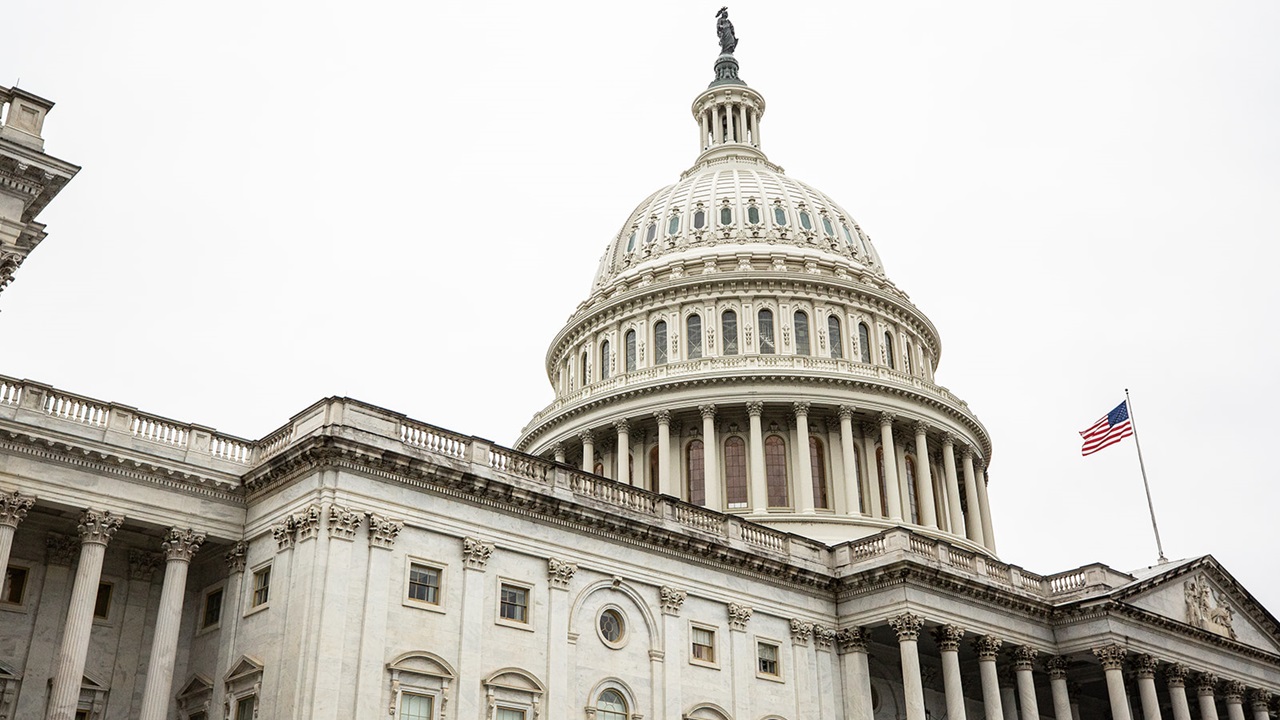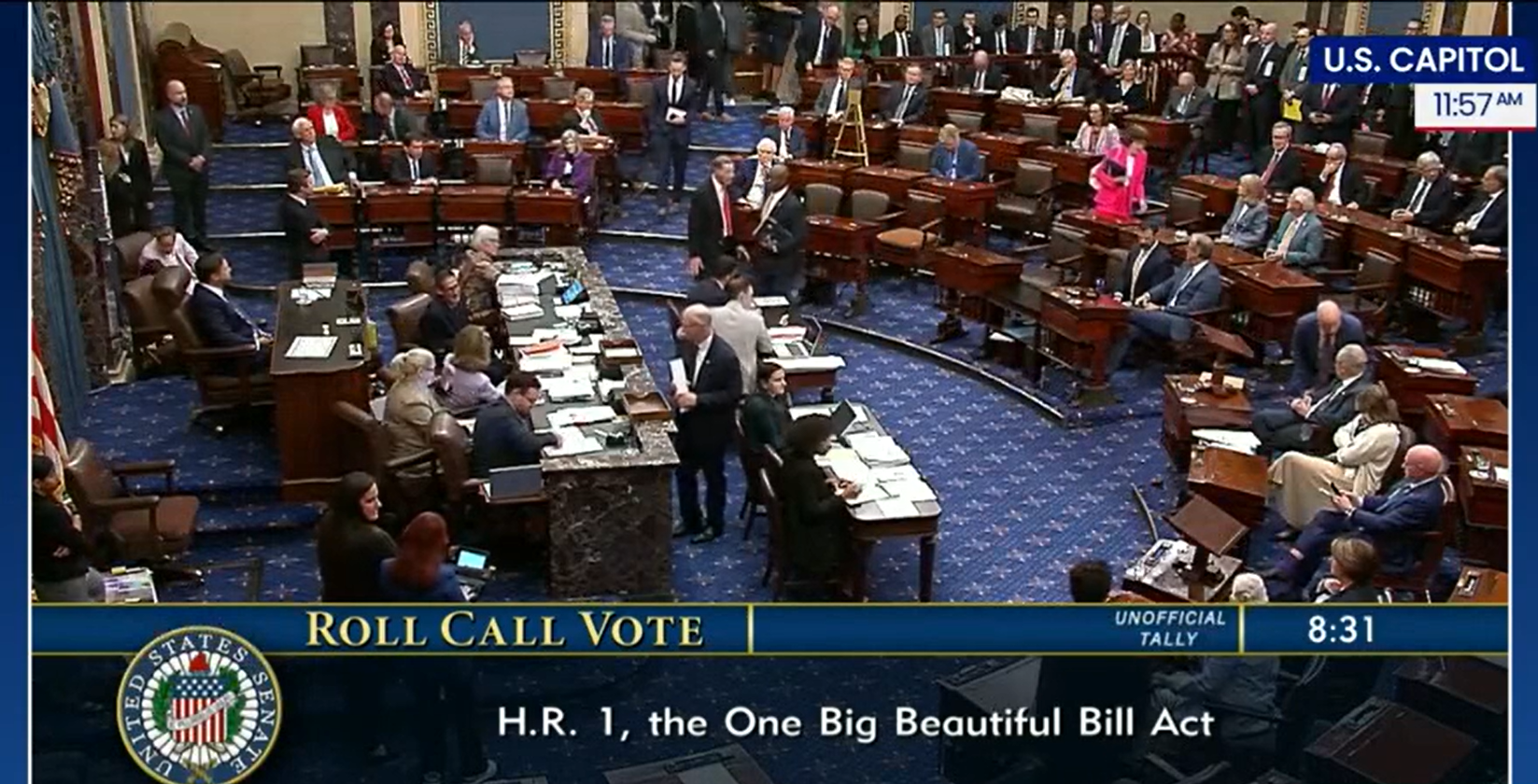Rights & Access
Florida – (News Service of Florida, 01/10/20) As the state grapples with how best to assess and authorize services for people with I/DD, a bill has been filed by Senate Health & Human Services Appropriations Chairman, Aaron Bean, which would require the state to implement a competitive bid process for two organizations to provide support coordination services. Currently support coordination is managed by the state and Valerie Breen, executive director of the Florida DD Council is concerned that these “critical functions” will be “privatized”. The bill would also make changes to current law that allows individual to receive increases in funding for extraordinary circumstances that “place the health and safety of the client, the client’s caregiver or the public in immediate, serious jeopardy unless the increase is approved.” Finally, the bill directs the state to amend its waivers to cap the amounts of certain services that can be provided.
Illinois – (ProPublica Illinois, 01/07/20) In response to the expose detailing the dramatic misuse of seclusion and restraint in Illinois public schools, two reform bills have been filed. Educators testified on January 7th urging lawmakers to put an end to the practice. Zena Naiditch, CEO of the disabilities watchdog group Equip for Equality, testified that “Schools have become very punitive in how they’re dealing with students with disabilities. This is their go-to method.” She went on to explain that having these proposed bills in statue, in addition to regulation, would make the use of seclusion illegal and that it is critical to do so “so that over time, when the spotlight disappears, we don’t have the schools… and Board of Education weakening the protections.” During the hearing, Rep. Jonathan Carroll shared a personal story of his own traumatic experience of being placed in seclusion as a child. He went on to rebuke those advocating that seclusion is appropriate for some type of children. Kyle Hillman, Director of legislative affairs for the NASW urged legislators to ban seclusion entirely, without exceptions or special allowances. “If a single mother, particularly of color, was locking their child in a closet, standing outside while the child was screaming, defecating itself repeatedly, this body would be asking for criminal charges,” Hillman said.
Illinois – (Chicago Tribune, 01/09/20) Illinois’s wait list for people with disabilities seeking services is approaching 20,000. This story highlights the experience of several families who are desperately waiting and their struggle to find a ready and willing provider once they come off the list. Ongoing issues of underfunding and lack of provider ability to recruit and retain staffing are cited as key issues. Illinois ranked 44th in a recent study on how well state’s programs serve people with disabilities. ANCOR member, Josh Evans of the Illinois Association of Rehabilitation Facilities was quoted as saying, “We are behind in Illinois comparatively. But the benefit of being behind is we can look at what other states have done…” In FY20, the state increased reimbursement rates by 3.5% and is studying its rate structure. Barry Taylor of Equip for Equality said, “The state to its credit is now…looking very seriously at an issue that needed looking at for decades.” Allison Stark, director for the division of developmental disabilities within the Department of Human Services said the state spends $400 million a year on services for people with I/DD and would have to double that amount to eliminate the waiting list.
Medicaid, Medicaid Expansion, MLTSS
District of Columbia – (dhcf.dc.gov, 12/27/19) D.C. has issued public notice and request for public comment on their proposed Medicaid Managed Care Quality Strategy. Interested parties will have until January 25, 2020 to submit comments. The proposal seeks to have a “clear focus on achieving better health outcomes, health care innovation and cost-effective quality healthcare”. The strategy utilized the framework of the “Triple Aim” (defined as improving care, improving health, reducing costs) and identified four goals with ten objectives to drive improvements across the four goal areas. MCOs will be assessed using several methods including contract management (reporting on utilization, grievances, appeals, etc); data collection and monitoring (collecting and reporting on HEDIS measures); performance improvement projects (MCOs required to complete two improvement projects annually); quality assessment and performance improvement plan annually; encounter data verification; and an annual review by the federally required External Quality Review Organization. The full proposal can be found here.
Florida – (Curtesy of ANCOR’s subscription to Politico Pulse, 01/08/20) The Florida Senate is attempting to squash the voter initiative to have the question of Medicaid expansion placed on the ballot in 2022. Citing their belief that a “one-size-fits-all” approach to government health insurance systems does not allow them to achieve their goals of lower cost, patient choice, expanded access, improved quality and innovation, the state Senate has asked the Florida Supreme Court to disallow the petition. They contend that the group Florida Decides Healthcare did not get enough signatures to qualify for the ballot, but the group says it is working towards the 2022 ballot as the signature are valid for two years.
Kansas – (The New York Times, 01/09/20) Governor Laura Kelly announced that her administration has reached a deal with the legislature’s leadership to expand Medicaid. While the negotiation includes provisions to help the expansion population find jobs, it stopped short of mandating work requirements. If the proposal passes, Kansas will become the 37th state to expand Medicaid and signals a shift among some of the more conservative states. Members from both parties said they are hopeful that the deal will pass but Gov. Kelly remains cautious saying, “We’ve got a long way to go in this process. We really need to think of this as more like a halftime pep talk.” Some believe expansion is crucial to support rural hospitals that are closing under the weight of high rates of uninsured patients compounded with lower rates of repayment. Since 2015, four rural hospitals have closed in Kansas which has led to this “unlikely alliances between rural Republicans and urban Democrats”.
Louisiana – (wbrz.com, 01/08/20) Gov. John Bel Edwards has signed emergency contracts to keep the state’s existing MCOs in place for up to one year while a legal challenge plays out. As these existing contracts were scheduled to end on December 31st, the state chose to renew only four and the two losing bidders, Louisiana Healthcare Connection and Aetna Better Health, have file suit in protest of the decision. In related court filings, Aetna states that “the three-year contract awards that are being disputed are worth $21 billion”. The emergency contracts have not yet received federal approval and the MCOs cannot get paid until this happens. Attorney for the Louisiana Department of Health said he expects to get the necessary approval before the first payment is due on February 10th.
Massachusetts – (mass.gov, 01/07/20) The state has announced its award to five MCOs for the management of the One Care Plan. “One Care is an integrated, comprehensive care option for persons with disabilities, ages 21-64 at the time of enrollment, who are eligible for both MassHealth and Medicare. Those who enroll in One Care will be able to receive both MassHealth and Medicare services, including all medical and behavioral health services, and long-term services and supports through health plans that promote the provision of integrated care.” These plans will be responsible for the delivery and management of all Medicare and Medicaid covered services. They will receive a global capitated payment to provide integrated, comprehensive services including community-based support services as alternatives to high-cost traditional services.
State Budgets
Connecticut – (Journal Inquirer, 01/07/20) The state is projecting a $300 million surplus for the current fiscal year but Governor Lamont has held firm to his plan to deposit the surplus into the Rainy Day Fund already funded at $2.5 billion. This has created a budget deficit of $28 million and has led the state’s budget director to ask all agency heads to identify areas that can be cut and eliminate expenditures that are not “absolutely critical in nature”. Gian-Carl Casa, president and CEO of ANCOR member the Connecticut Community Nonprofit Alliance, said that while he appreciates Lamont’s efforts to balance the budget, “We are greatly concerned that with a de facto $300 million surplus, that there is any discussion of emergency budget cuts.” Casa went on to say, “Our friends, neighbors, and family members saw their services reduced over the last decade, when budget times were bad… With the state’s revenues projected to remain stable in the coming years, it is time for funding cuts to be restored and increased so community nonprofits can continue to provide vital programs that make our state a great place to do business and to live and raise a family.”
West Virginia – (WVNews.com, 01/10/20) Governor Jim Justice delivered his state of the state address on January 8th. Among the highlights was the recommendation to add $19.7 million to eliminate the 1060 person waiting list for I/DD services. He is also proposing over $26 million for the Children’s Health Insurance Program, Child Protective Services workers and other social services, and $150 million for the Medicaid Families First Reserve Fund to ensure that Medicaid funding is not depleted.
Stay Informed on the Latest Research & Analysis from ANCOR
More News
Statement on Final Passage of the Republican Reconciliation Package

U.S. Supreme Court Issues Decision to Limit Nationwide Injunctions



